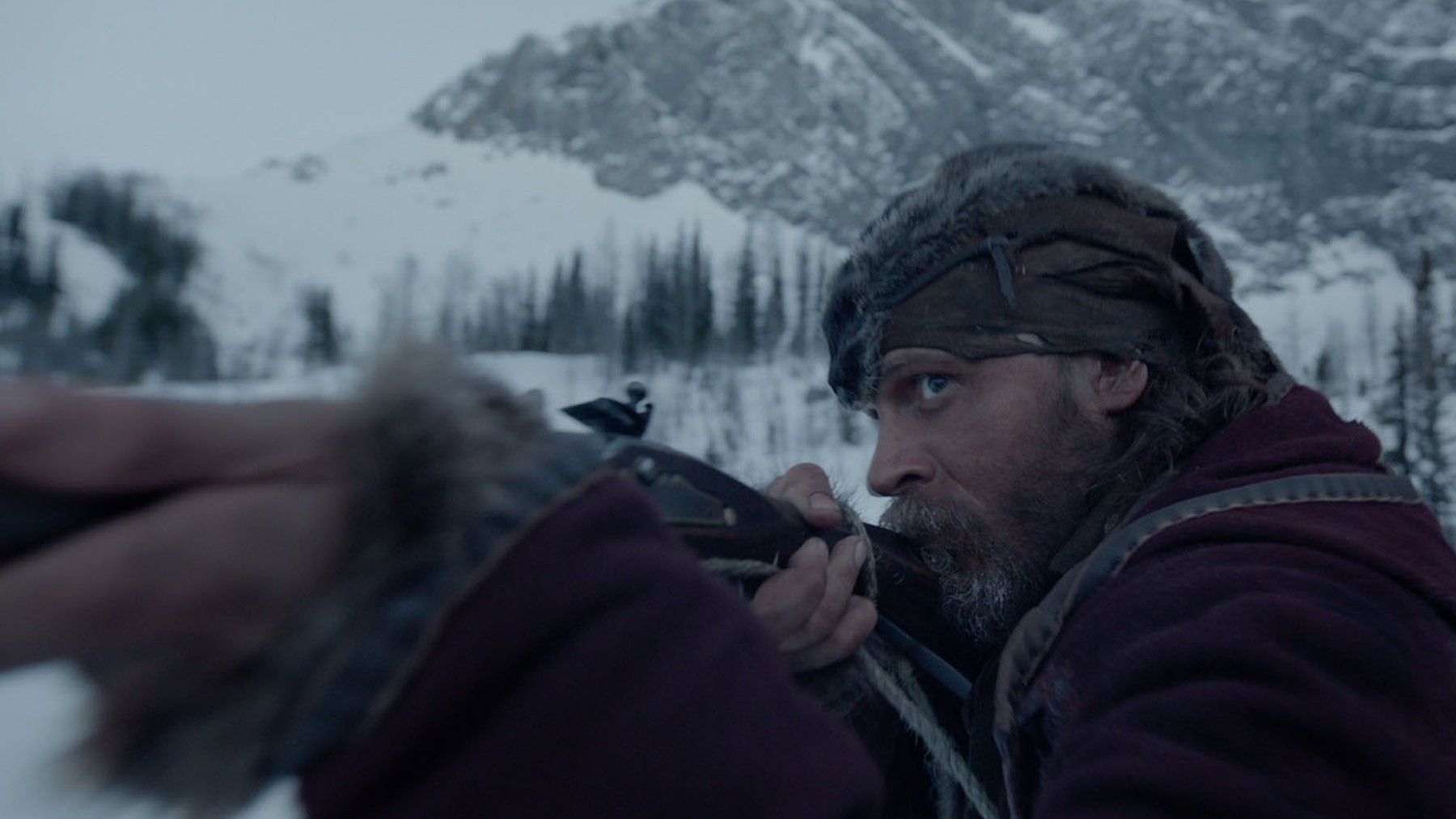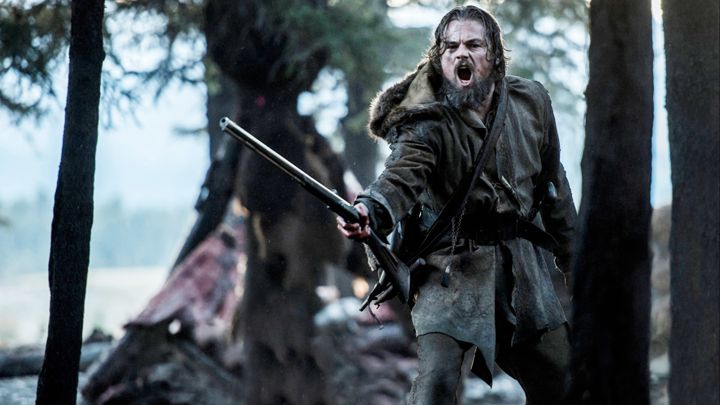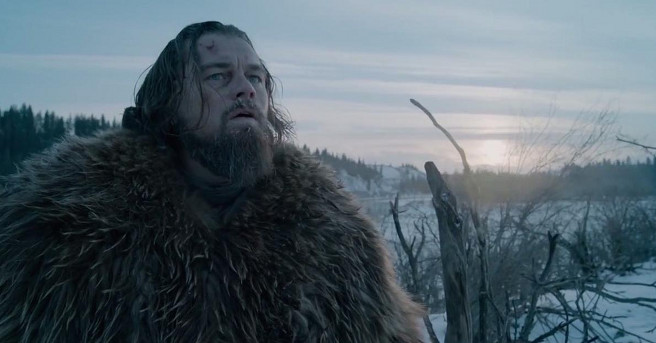Northern exposure.
Films such as Alejandro González Iñárritu’s The Revenant are the sort that render giving a film a critical score inconsequential. It’s the sort that raises difficult questions regarding what constitutes a good film. Or what deserves a high score. Earlier this year, Neil Blomkampfs Chappie and Brad Peyton’s San Andreas fell short of the mark in executing filmic elements that are generally considered central to positive filmmaking – dialogue, plot, character development etc. – but the incentive of both of those films was entertainment and in that regard they were successful. Chris Lofing and Travis Cluff’s The Gallows is an objectively bad film because those same elements – dialogue, plot and character development – were amateurish . But it was a horror film and it was scary. Are there really constants that delineate quality in filmmaking?
There are elements missing from The Revenant that many would consider hallmarks of successful cinema. For much of the two and a half-hour running time, Iñárritu’s film follows the central character of legendary frontiersman Hugh Glass (Leonardo DiCaprio) as he undergoes feats of endurance and hardship that would test the most indurate. And yet there’s little sense of Glass as a character. We’re invested in the environment, not that man. The crucial misstep of The Revenant arrives in the final fifteen minutes, when a degree of character consequence is explored without the film ever actually earning it. The Revenant isn’t about Hugh Glass until that point. It’s not about anything. It’s a sensorial experience, like Alfonso Cuarón’s Gravity or James Cameron’s Avatar or George Miller’s Mad Max: Fury Road. It does little but what it does well it might just do better than any film ever has.
What it does well is engender a sense of what the environment of the uncharted wilderness of Montana and South Dakota in 1823 must have been like. If a period film is designed to give an audience a sense of time and place then there may be no more effective period film than The Revenant. As crucial to this as Iñárritu is as director is cinematographer Emmanuel Lubezki, whose creative dominance in his films has begun to feel as important as that of the filmmakers he works with. There’s a sense of immediacy and immersion in Lubezki’s camera work that can only be compared to Lubezki’s other camera work. If there is a film that more wholly conveys a setting than The Revenant then it certainly doesn’t readily come to mind.
There are plenty of films out there that do well what The Revenant doesn’t. That’s the human element and its absence in films is oft bemoaned by critics. Yet need every film cater to it? A good script is often cited as the foundation of a good film and but there have been wonderful films that haven’t had any script. The point here perhaps is that every film ought to be appraised for the film it is, not the film it isn’t. You wouldn’t expect the same things out of Rob Reiner’s When Harry Met Sally as you would Ingmar Bergman’s Persona. Iñárritu’s film shouldn’t be watched with the same eye as a lot of other big budget period pieces. To pander to the expectation of a certain style would be to shatter the illusion of authenticity that The Revenant fosters. A lot of those big budget period pieces are the ones that do well what The Revenant doesn’t.
Glass’ vacancy is an asset to the film, not a burden. It’s a meditative experience and there’s undoubtedly an element of projecting oneself to the plot and the setting. The foundations of an emotional story are in place, but the emotions aren’t. During a hunting party deep in the untamed American wilderness, Glass is attacked by a bear and brought to the point of death. His company is forced to abandon him, leaving only his son, Hawk (Forrest Goodluck) and two other members of the group, Fitzgerald (Tom Hardy) and Bridger (Will Poulter), behind to wait with him while he dies. Fitzgerald, eager to collect the bonus for tending to Glass but not so interested in dwindling in hostile territory, murders Hawk and leaves Glass for dead.
What follows doesn’t engage so much in the emotions of a story about a father losing his son and seeking revenge as it does in the deeper and less immediately satisfying sentiment encouraged by the deep relationship between a human and their environment. That’s universal, regardless of the human and the environment. The Revenant is wonderfully uncompromised until the finale, in which the action that plays out belies the film it inhabits. It’s a visual experience, and a sensory one, not a scholarly or a dramatic one. Iñárritu’s film’s doesn’t falter on fronts so much as it doesn’t address them. It’s narrow-minded filmmaking at its best and a wonderful example of rare instances in which direction and photography are so beautifully realised there’s little need for anything else.
9/10
For more Reviews, click here. If you’re digging ReelGood, sign up to our mailing list for exclusive content, early reviews and chances to win big!


